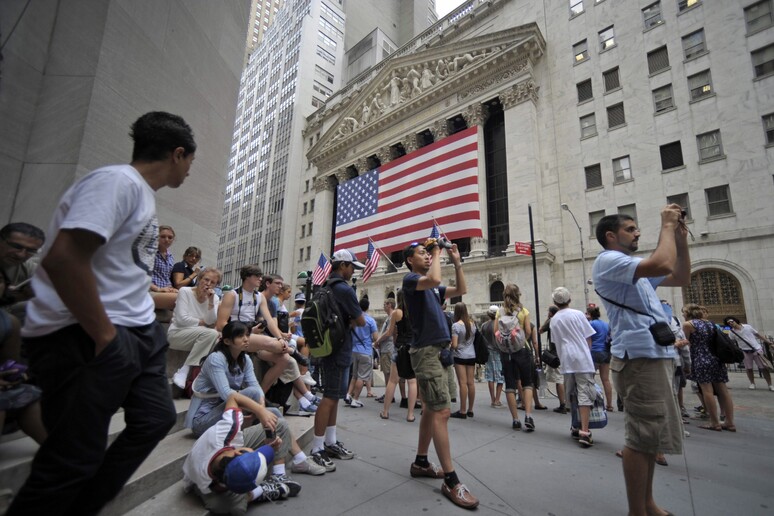The glamor of “America” as a destination is losing its appeal. While the world watches the United States’ trade policies with apprehension, the data speaks clearly: tourism is in decline. According to an analysis conducted by Trivago, the hotel search platform owned by the Expedia group, bookings to the U.S. by tourists from Canada, Japan, Mexico, and Germany are experiencing a sharp drop. In all of these countries, travelers’ choices appear to reflect a reaction to the tensions and fears triggered by tariffs imposed by the Trump administration as well as by his aggressive rhetoric.
Canada, more than any of the other places, is expressing its discontent. The American president’s repeated remarks suggesting the country might be better off annexed as the “51st state” have sparked widespread irritation among Canadian citizens, who are increasingly unwilling to consider the U.S. as a holiday destination.
But the phenomenon extends beyond Canada. Both Japan and Mexico, targeted by the initial 25% tariffs announced by Trump on February 1, are also reporting a double-digit decrease in bookings. Germany, while not yet subjected to heavy duties, has long been under threat of economic measures from the White House, and the demand from German tourists is showing a strong decline.
This global trend is causing concern. The U.S. tourism sector, valued at around $2.6 trillion, is beginning to fear a true “Trump slump”, a drop in international visitors linked to the policies of the Republican leader. These fears are further supported by data from the National Travel and Tourism Office, which revealed that in March, foreign visits to the U.S. dropped by 11.6% compared to the same month the previous year.
Seemingly spared from the phenomenon is the United Kingdom, where bookings to the U.S. have remained relatively stable. This steadiness can be attributed to the absence of significant trade tariffs and a recently signed “groundbreaking” trade deal with Washington.
However, within the island itself, there has been a 25% increase in demand for domestic travel during the summer months. According to Trivago CEO Johannes Thomas, people tend to stay closer to home in times of uncertainty. London, Edinburgh, York, Blackpool, and Manchester have become some of the most searched destinations by British travelers, to the detriment of traditional overseas vacations.
Even within U.S. borders, the outlook is far from optimistic. The German platform has observed a growing tendency among travelers to seek more affordable destinations, with increased demand for lower-category, budget-friendly hotels, a clear sign of an economy perceived as uncertain and a general climate of caution in consumer behavior.












